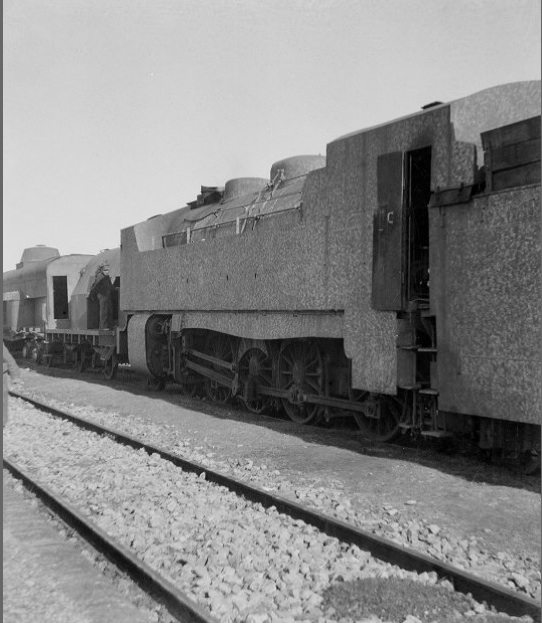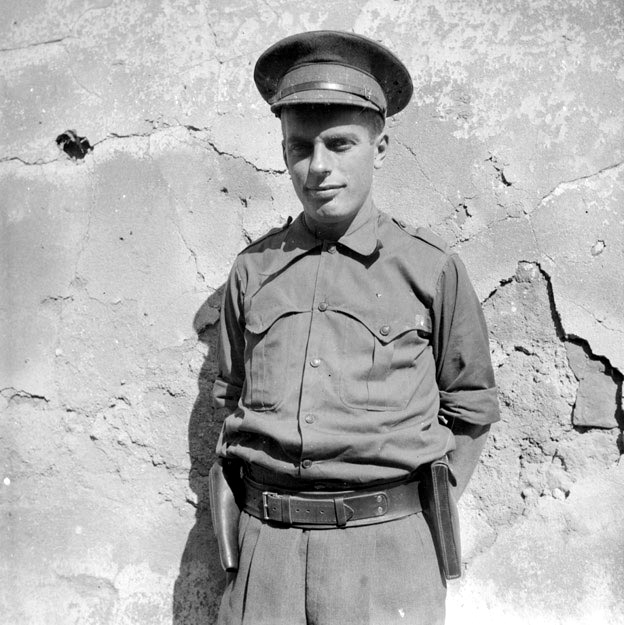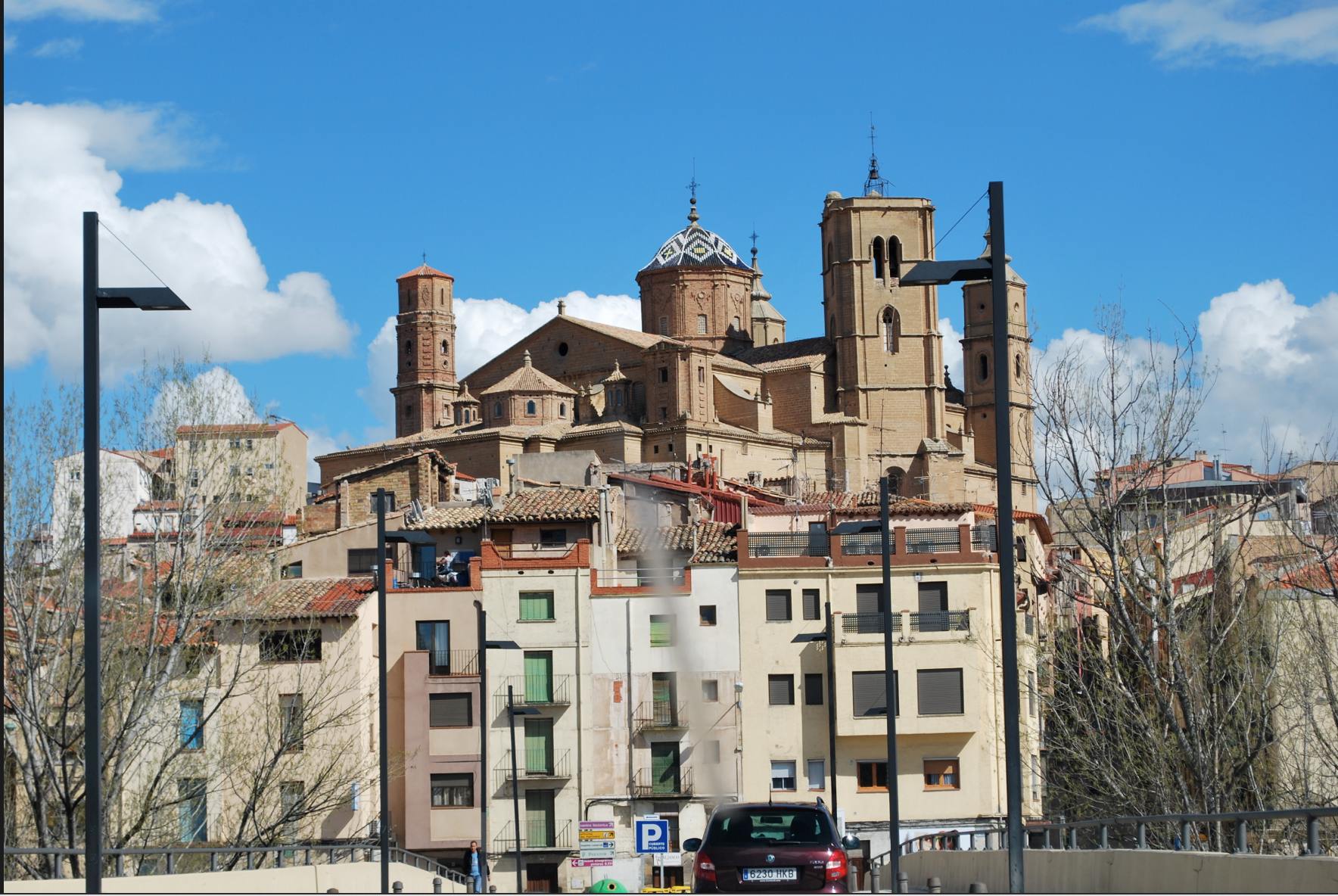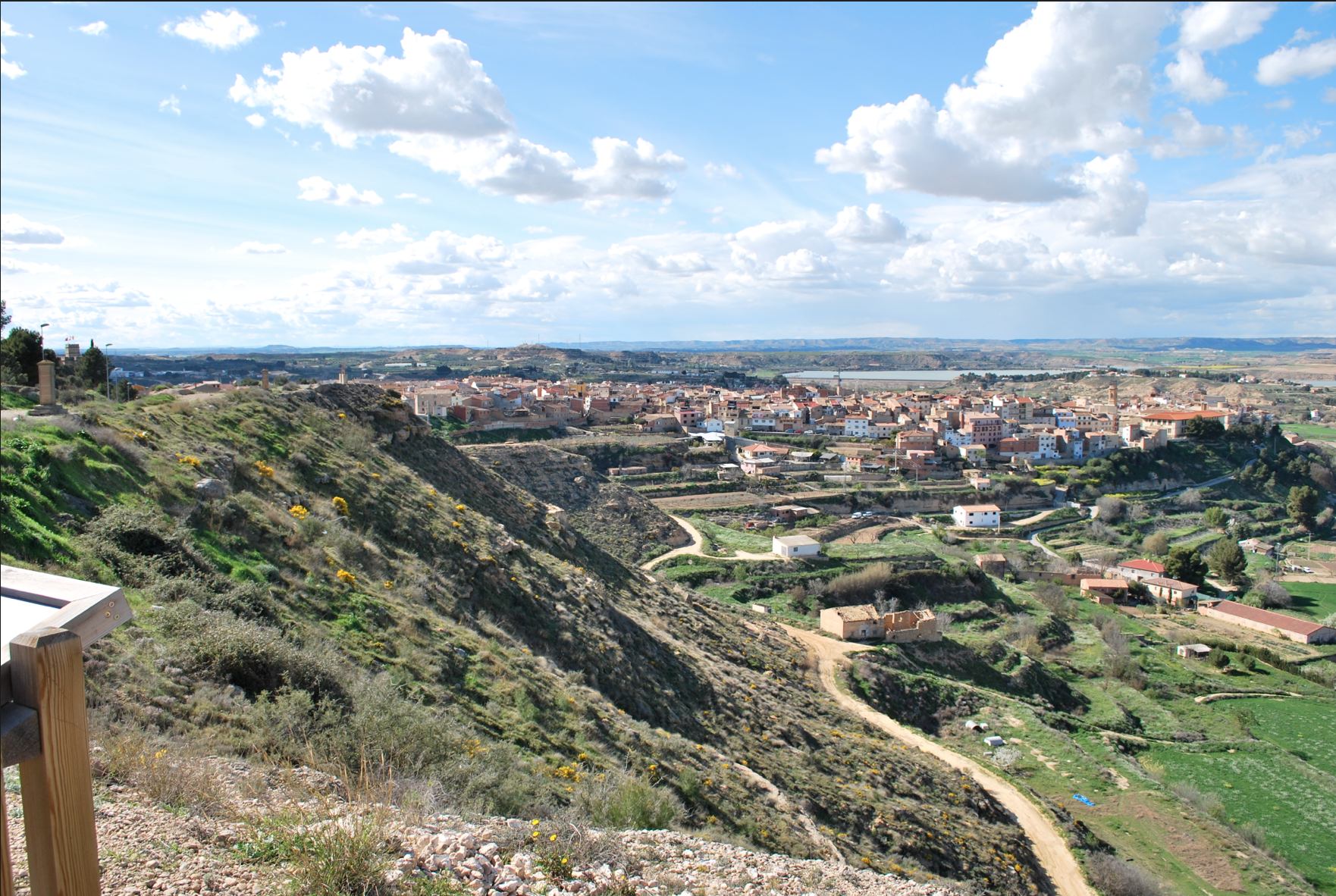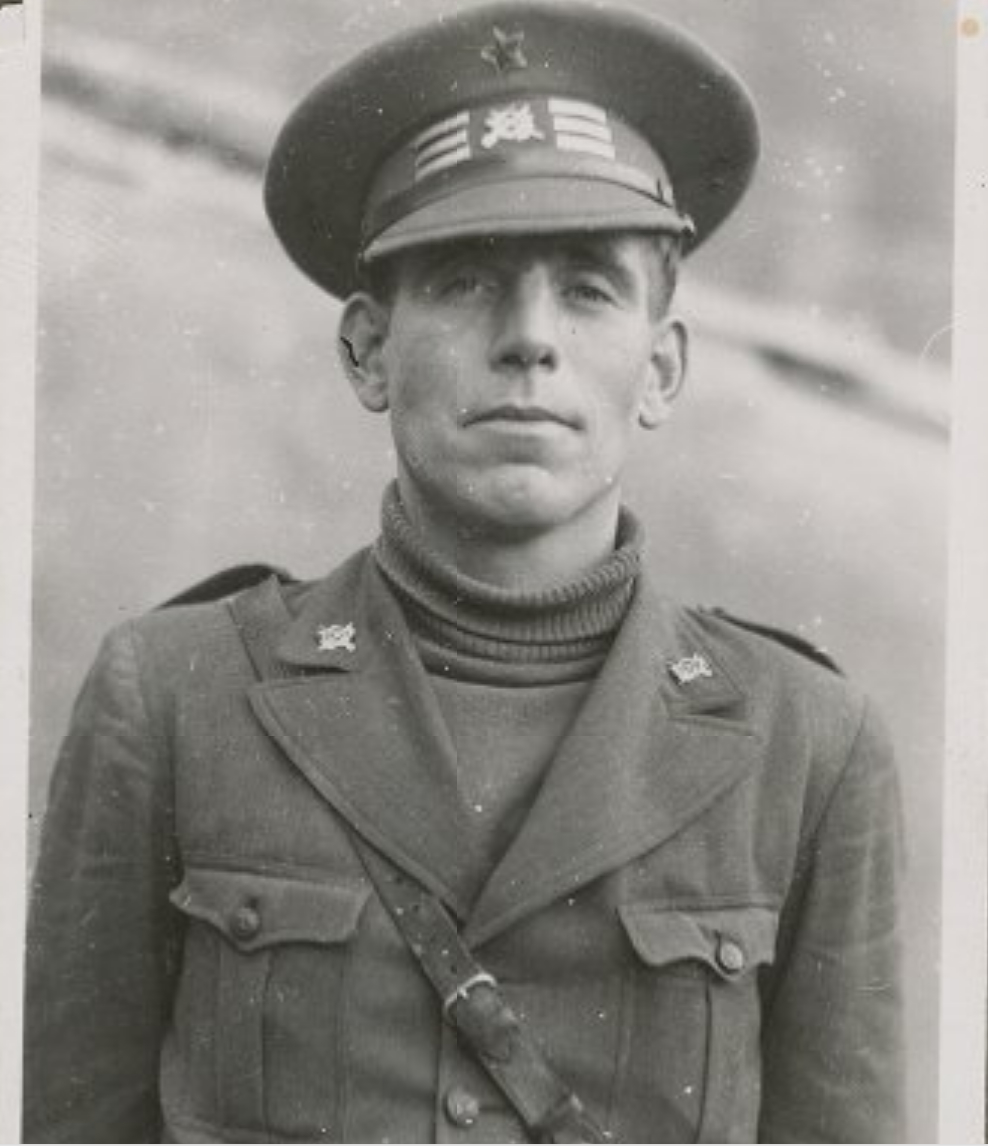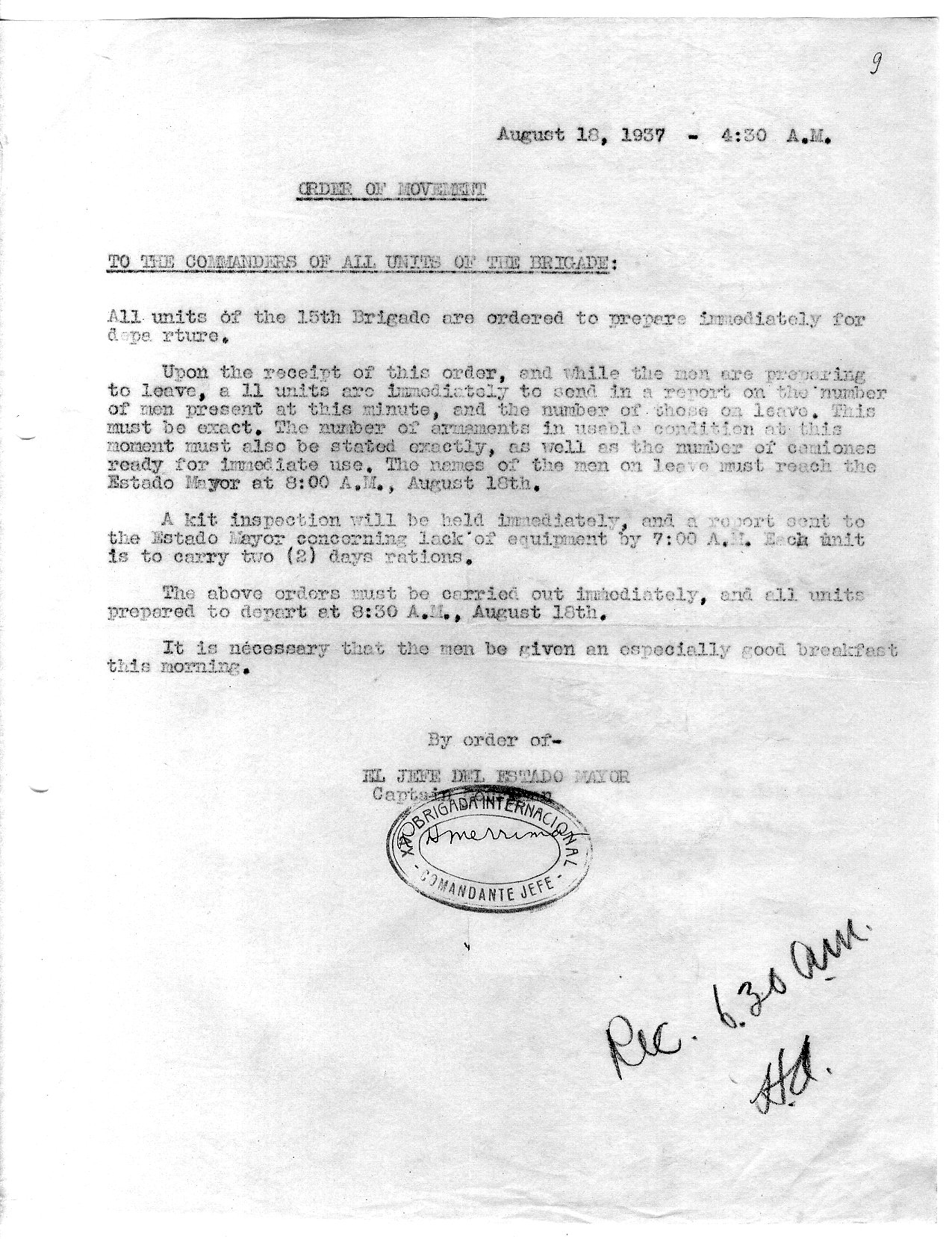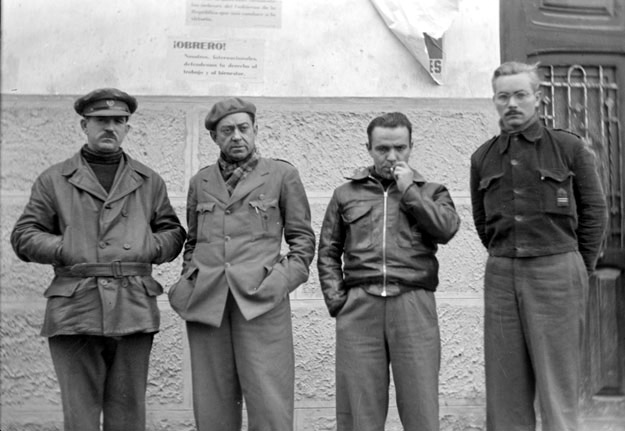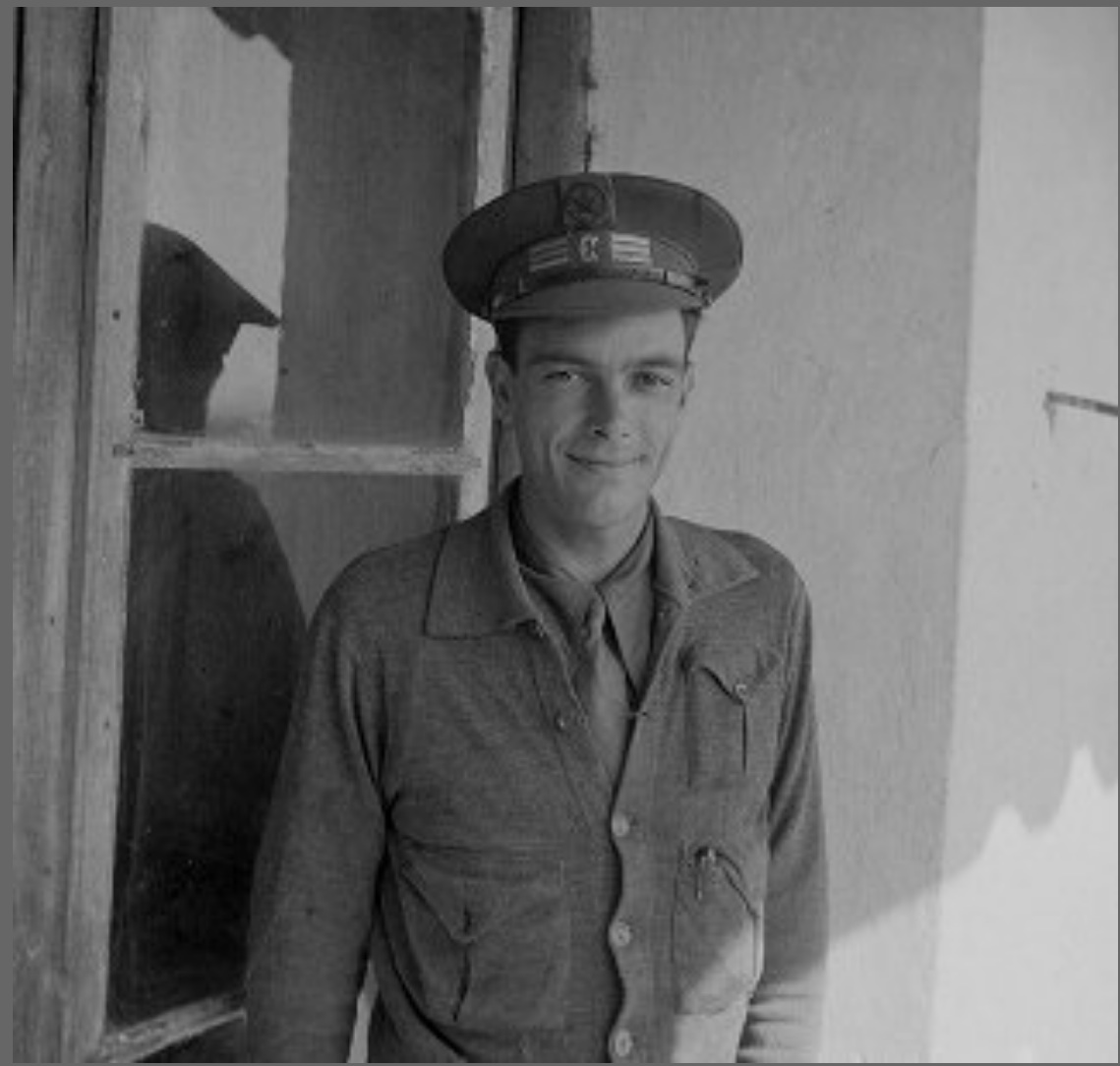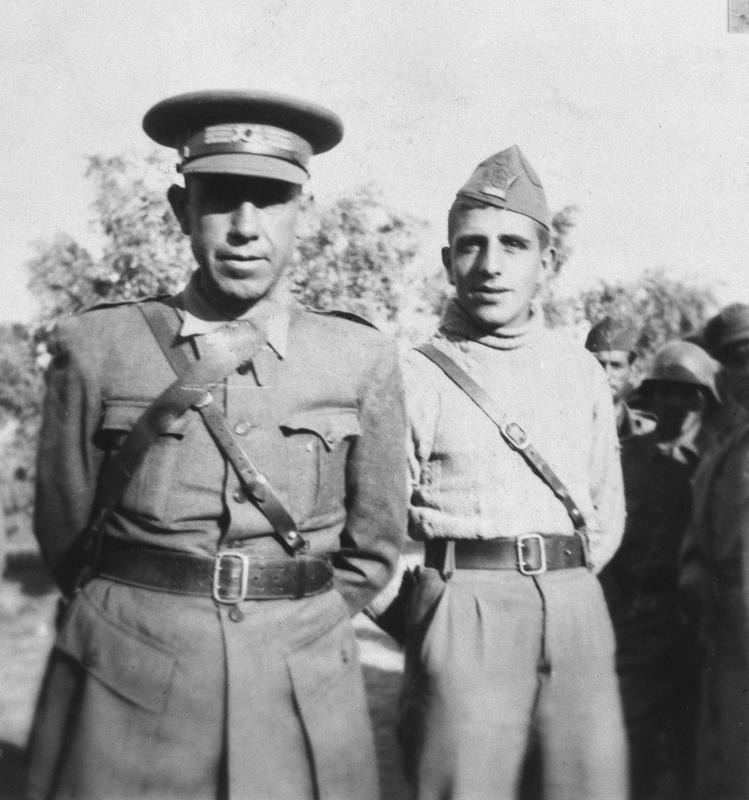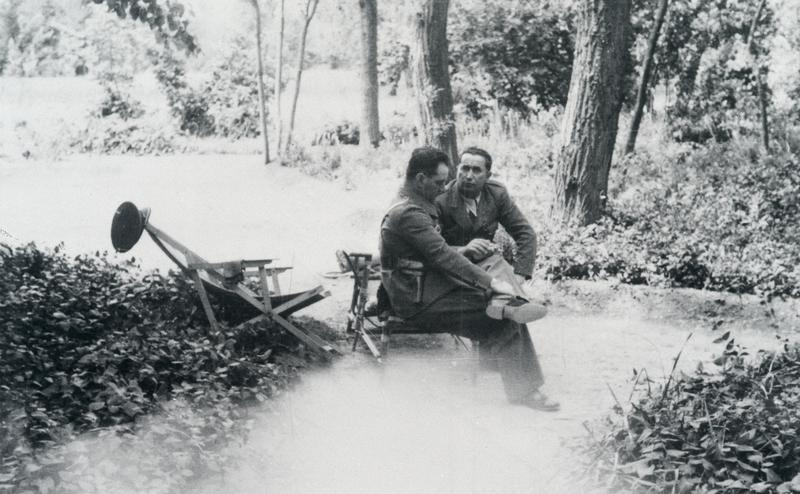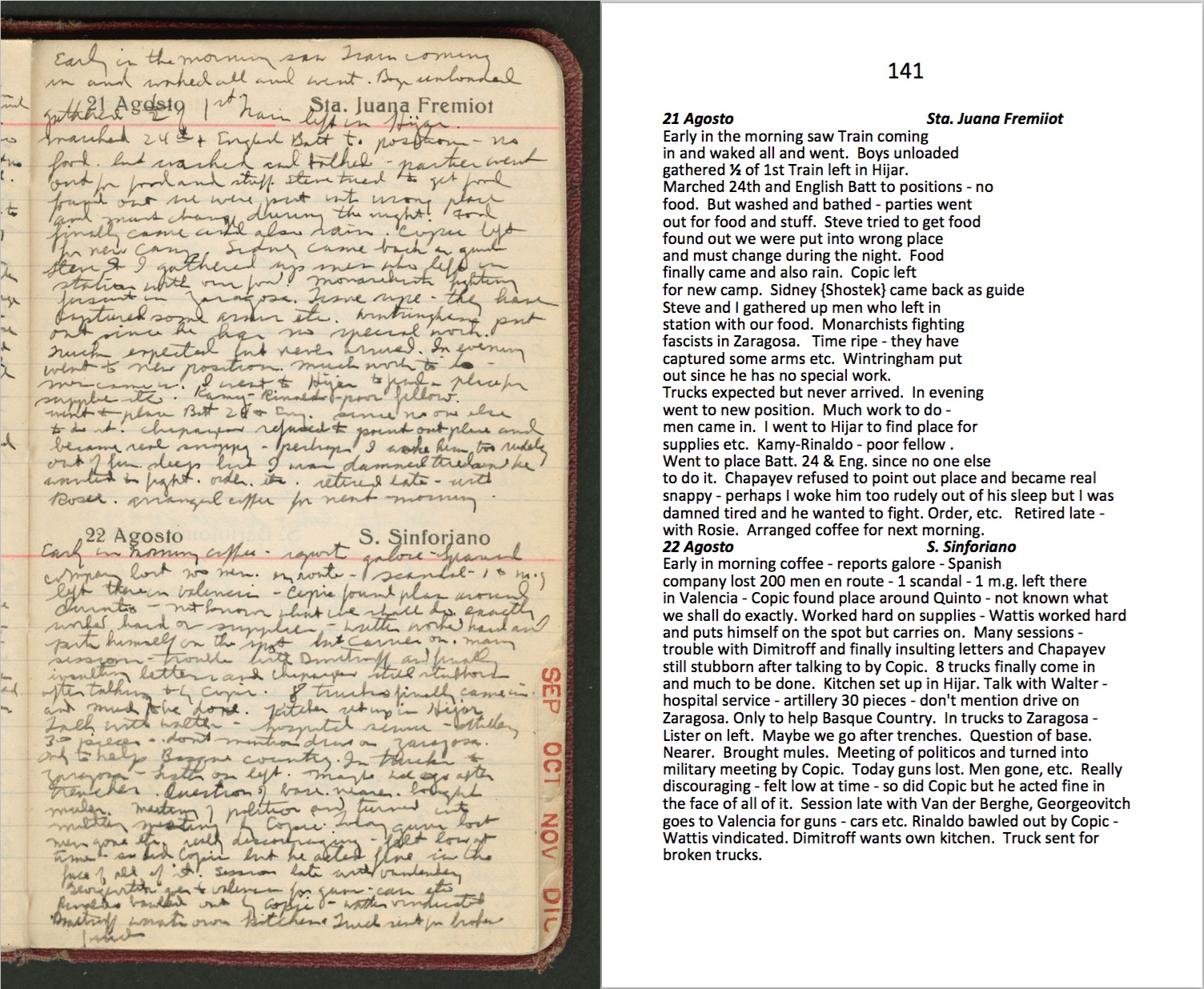
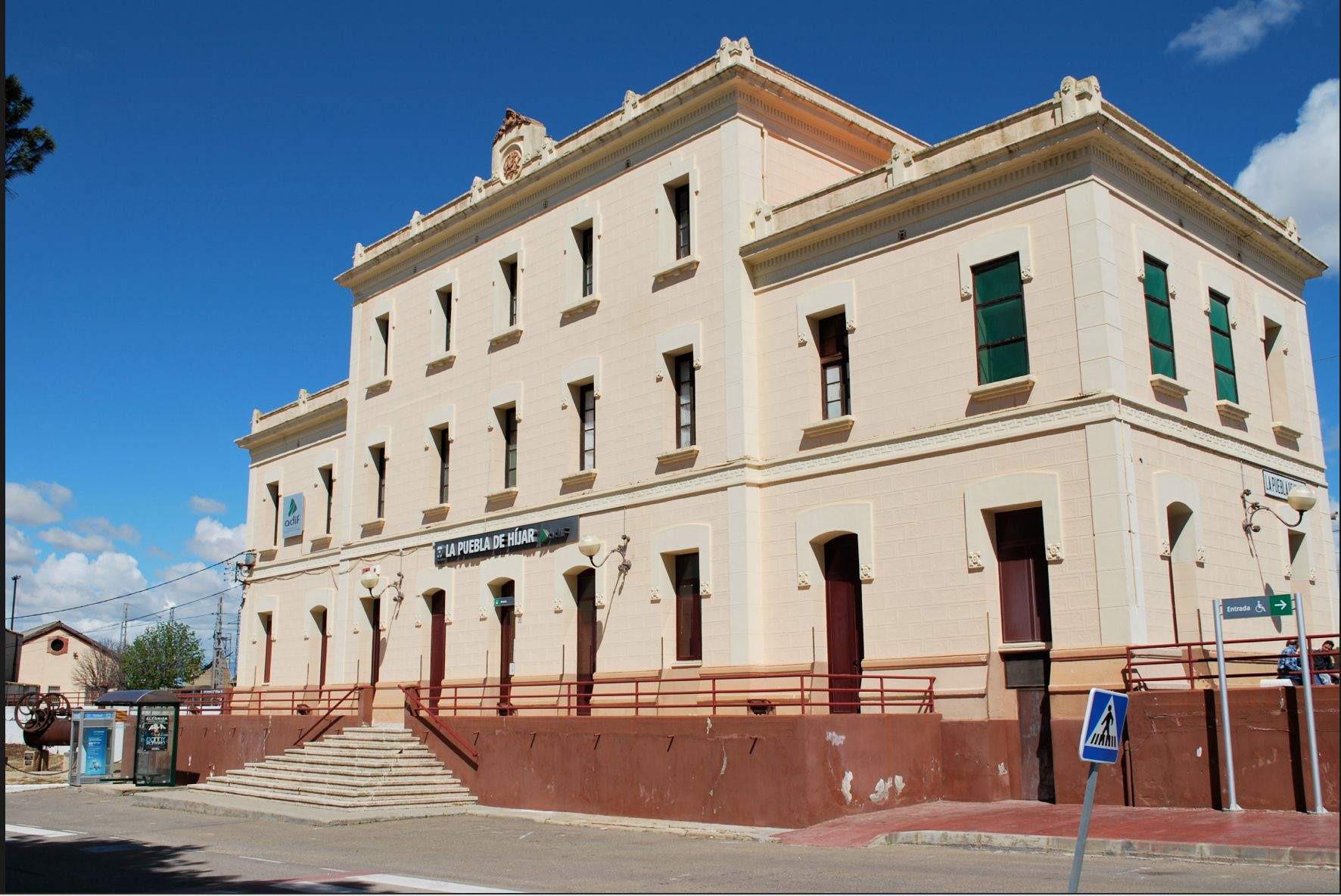
The XVth Brigades move from Perales/Ambite/Albares/Mondejar to the area around Híjar is completed overnight on the 21st of August. Prior to this on the 16th of August, the XIth Brigade (the Thaelmann Brigade) had left its positions northwest of Madrid to also move through Columnar to get on a train for Hijar. Merriman starts to reveal in his diary what the strategy is for this push. Overnight on the 21st the first train from Valencia has arrived and the British Battalion and the 24th Spanish Battalion are marched into positions in Híjar, some 40 km west of Caspe. Híjar is on the rail line so transport by train near their staging positions was needed. The XVth Brigade did not take the intended positions and would move again overnight on the 21st.
Copic went forward to locate positions for the offensive which was coming. Quinto is about 100 kilometers north-northwest of Híjar. Sidney Shostek (Merriman’s aide) went with Copic to the new camp and returned to guide the Brigade to their next post which would be south of Quinto.
Merriman reveals that an uprising has started in Zaragoza and the offensive is to put pressure on that major crossroads city and to support the Monarchists who have risen up against the Fascists. If Zaragoza were to be recovered by the Republic, all pressure would come off Madrid and significant pressure would have been placed on the Fascists to defend their capital, Burgos. This could have turned the war at this point. Hugh Thomas draws a map of the offensive which shows a wide line of attack from Teruel on a south-north line through Belchite, Zaragoza, Huesca and all the way to the French border.¹ To get to Zaragoza, the Brigades would have do go through the towns of Quinto and Fuentes del Ebro from the south. Kleber’s forces would attack Zaragoza from the northeast and southeast across the Ebro River. For the English speaking XVth Brigade and the German 11th Brigade, Quinto was the first objective. Thomas, however, is quite unreliable on his time line and blurs activities from Quinto to Fuentes del Ebro, battles which were spaced almost two months apart. Merriman appears to have gone to the new position overlooking Quinto and then returned to Hijar to organize the Intendencia where the supplies would come in.

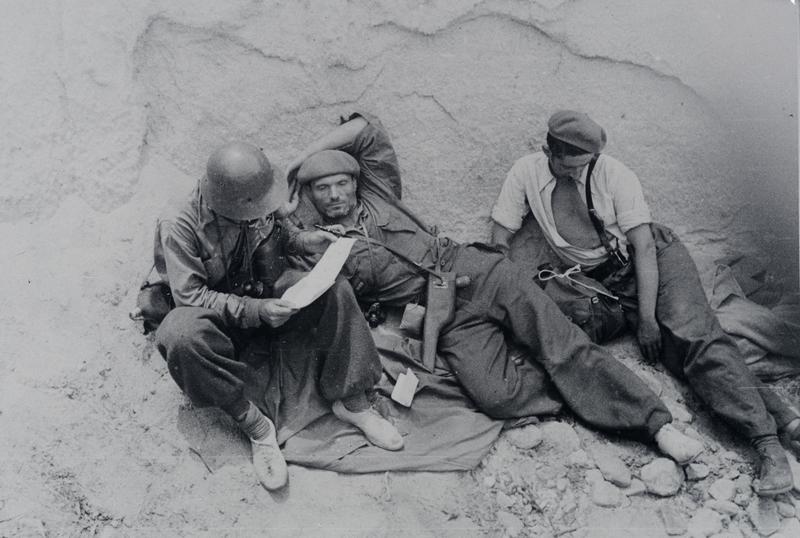
Merriman criticizes David Kamy of the British Battalion and Robert Rinaldo of the 24th Battalion who had been charged with setting up the support services, such as the kitchens and Intendencia. Merriman personally organized the camps for these two Battalions. Merriman tries to wake up Chapayev who is leading the second of the two regiments which includes the Dimitrovs and the 24th. Chapayev (Hungarian Major Miklos Szalway) doesn’t like being woken up but Merriman doesn’t care. Merriman gets to sleep late on the 21st and sleeps with “Rosie”, who cannot be Solomon Rose who was in hospital until October. This could be Leo Rosen who was with the Mac-Paps at this time, but this is likely to be Joseph Rosenstein who was in the Brigade Commissariat at the time.
When Merriman wakes up on August 22 he gets many reports. Merriman confirms the report that 200 Spaniards have gone missing en route from Valencia and that one machine gun is missing, left in Valencia. The last thing Merriman would want is a fifth-column attack by greater than a company size group with a machine gun in the rear. That would certainly have ended his career if not his life.
Merriman reveals that Copic has found their staging location south of Quinto but that Merriman doesn’t have the plan of attack for Quinto at this point. Merriman and Wattis are working logistics and Merriman is very impressed with Wattis now. Recall that at Jarama, Merriman blamed Wattis for forcing the order to attack which he had argued against. Merriman has clearly forgiven Wattis for this.
He continues to battle Chapayev who has written letters complaining and continues to complain even though Copic has spoken to him directly. Recall that Vidal and General Gal have both challenged the Ministry of War decision which has dissolved the XIIIth Brigade on August 4th. Chapayev’s troops are being fought over by two divisions and he has been forced to accompany the XVth Brigade while the Ministry of War wanted them to join the 150th Brigade which would become the XIIIth International mixed Brigade. At this point, the Dimitrovs wanted out of the XVth Brigade and hoped to be under General Kleber. Even General Rojos had told Copic that he was not getting the Dimitrov Battalion but clearly they are at Híjar and will be going to Quinto. Involved in the fight were eight trucks that the Brigades received that afternoon. With them, Merriman sets up a kitchen, a field hospital, and gets 30 pieces of artillery moved up. The Dimitroffs want their own kitchen.

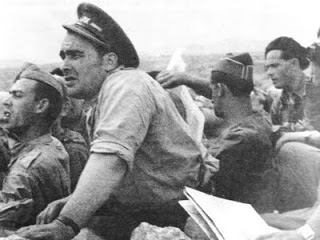
Merriman meets with General Walter who warns Merriman to tell the men nothing about Zaragoza but rather this effort is to take the pressure off the attacks on the Euskadi (Basque territory). Merriman finds out that Enrique Lister and the 11th Division will be on the left of Walter’s 35th Division containing the XVth Brigade during the offensive and that the hope is to reach the trenches outside Zaragoza. While the overall plan was to sweep around these towns and advance on Zaragoza, Zaragoza is still a long way off, in reality. Merriman says that the base needs to be brought nearer to the front. He rounds up mules, but loses guns and men. The stress appears to be getting to Merriman and Copic as both of them are discouraged that the logistics of getting into place for this attack did not go more smoothly.
Merriman sends Van den Berghe and Georgeovitch back to Valencia to get the guns which were left behind. Copic bawled out Rinaldo over his poor work at the front with the 24th.
____________________________
¹ Hugh Thomas, The Spanish Civil War, ibid., pp 473-474.




